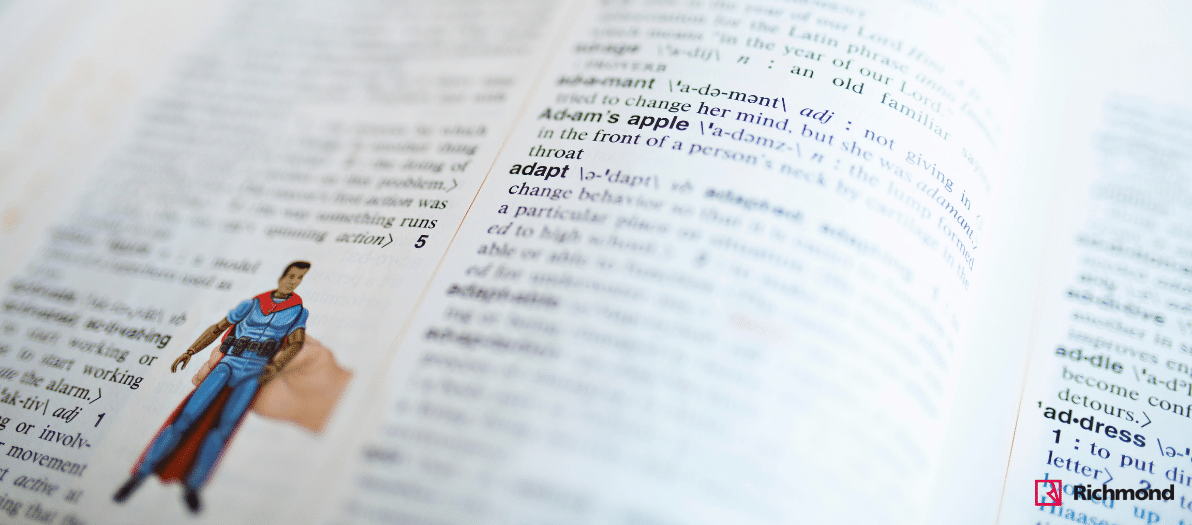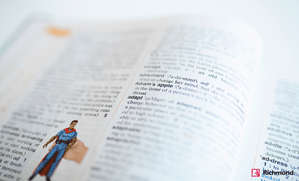Traditional English teaching often presents words next to their translations into the students’ native language. This creates the false impression that English is simply the L1 in code ignoring context and the existence of polysemy: the coexistence of several meanings for a word or phrase.
This problem of meaning can be nicely illustrated with the adjective ‘mean’. Most students know ‘mean’ first as a verb. The word can also be a noun, meaning the value obtained by dividing the sum of several quantities by their number (i.e., an average). So, we talk about ‘the arithmetic mean’ and ‘the golden mean’, for instance.
1.- Bad ‘Mean’
However, my primary interest here today is in ‘mean’ as an adjective. The primary use of ‘mean’ in Standard British English is ‘miserly?. Indeed, there is the simile ‘as mean as a miser. However, perhaps the most common use of the adjective in all varieties of English these days is the informal sense: ‘cruel’. So, you can say that someone played a mean trick on another person, or that somebody has a mean streak. We can also say that someone has a mean look in his (or her) eye. Finally, this meaning of the adjective mean appears in the expression “treat them mean, keep them keen”.
In more sophisticated and literary English ‘mean’ can mean ‘inferior’. So, somebody’s ‘mean intelligence’ refers to his or her stupidity and ‘mean houses’ are dilapidated and barely fit to live in. A related but slightly different US meaning is ‘vicious’ or ‘aggressive’. So, an American might talk about a ‘mean-looking dog’. The classic 1973 movie Mean Streets (starring Harvey Keitel and Robert de Niro) seems to combine both of the last two meanings in the title, i.e., it refers to the socially deprived part of town noted for its violence and crime. The adjective ‘mean’ also appears in several litotic expressions, such as ‘no mean achievement’ and ‘no mean feat’.
2.- Excellent Mean
From all the above you have probably formed the idea that the adjective ‘mean’ is somewhat vague but definitely a bad thing. Unfortunately, ‘mean’ can also mean ‘excellent’. If you say someone is a mean golf-player or that she mixes a mean cocktail, these are both very positive things. Indeed, we talk about a ‘mean machine’ to refer to an impressive motor vehicle or even a formidable team. As a result, depending on the context and the intonation “He’s no mean cook” can mean exactly the same thing as “He’s a mean cook”!
3.- Average ‘Mean’
We can’t even say that ‘mean’ means extremely good or extremely bad. In technical contexts the adjective ‘mean’ means ‘average’ (from the noun mentioned in the first paragraph). So, we talk about ‘the mean temperature’ or ‘the mean rainfall’.
4.- Knowing What You Mean
You may wonder how we manage to understand each other when English contains up to a half a dozen common contradictonyms of this sort (others include: cleave, dust (v.), fast, funny, sanction). However, we in fact rarely get confused because context tends to dispel ambiguity.









